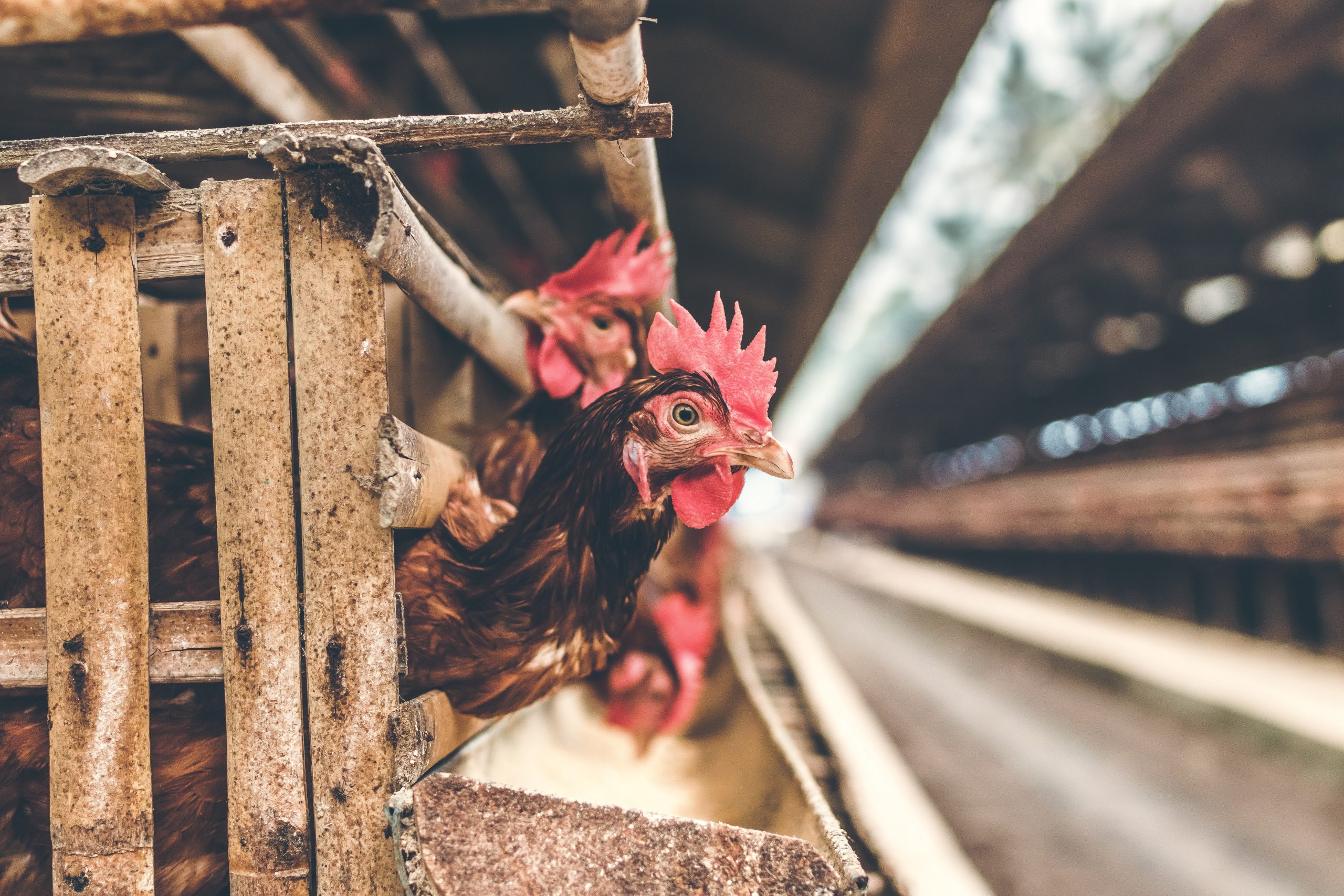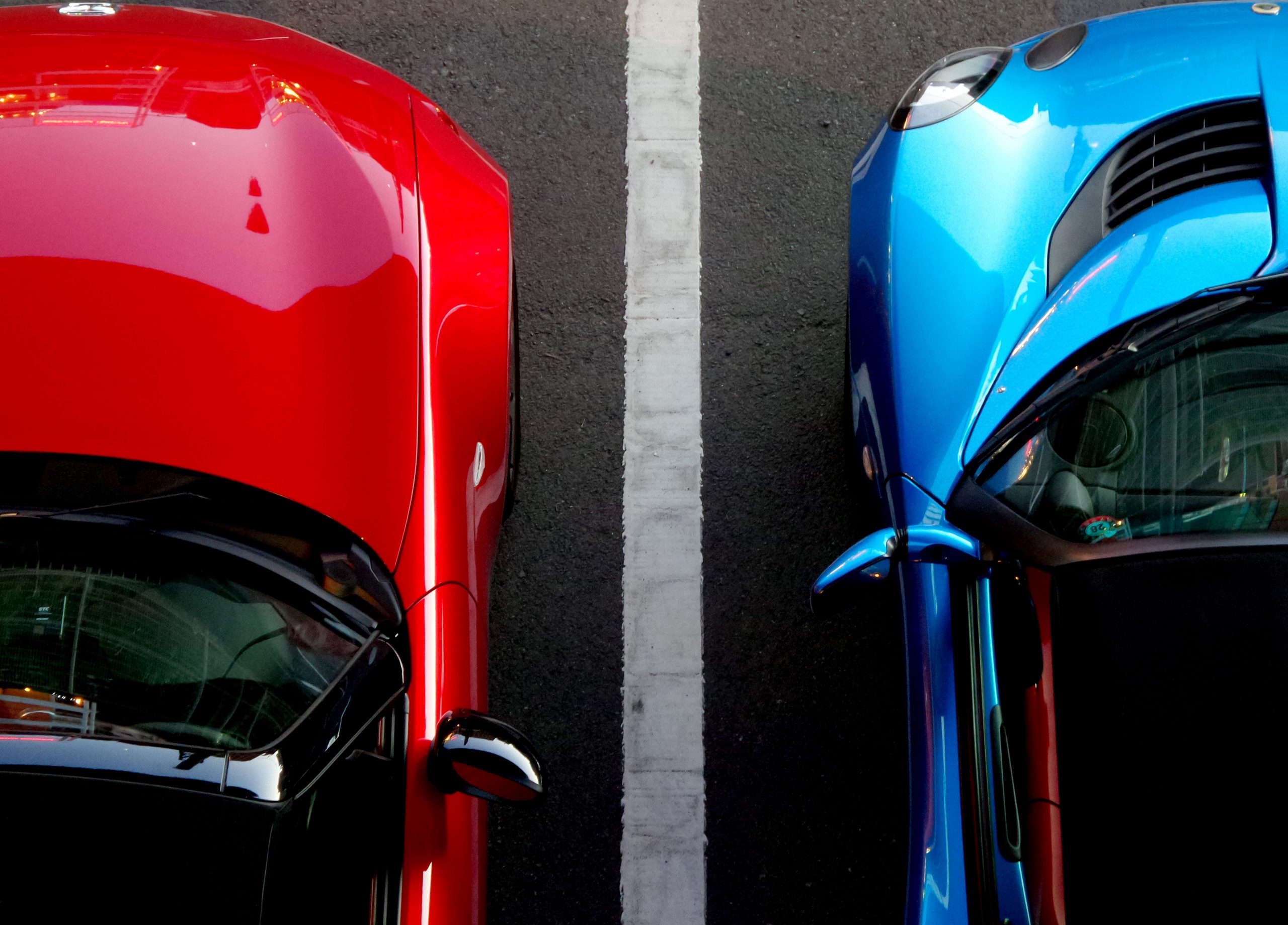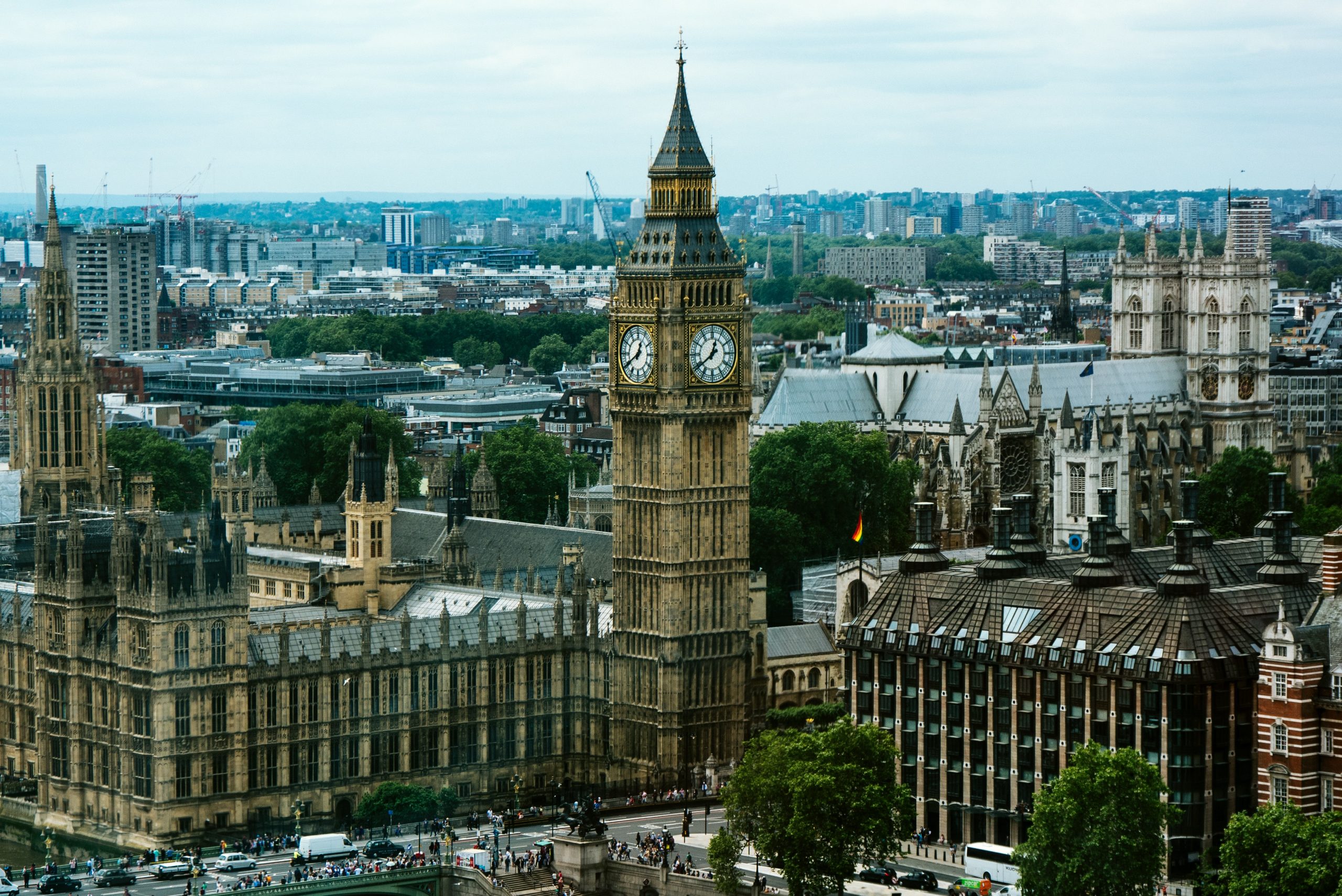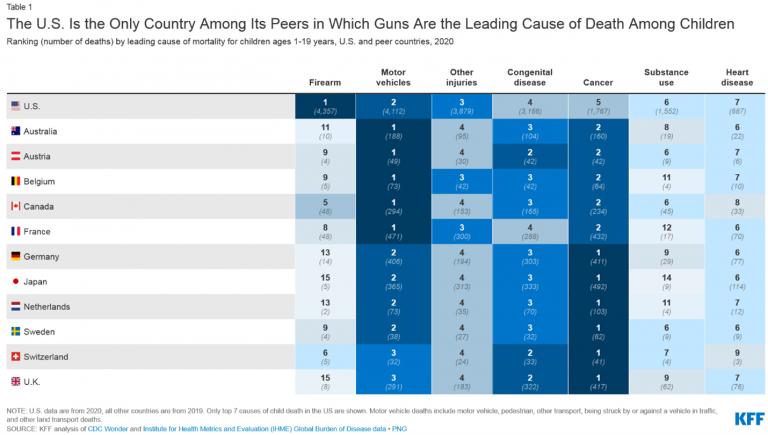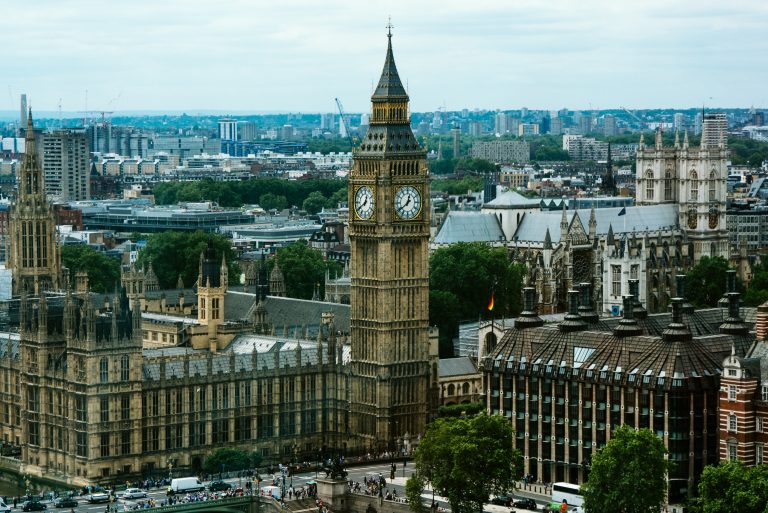BBC: “Coronavirus: The Ski Resort Saving Snow for Next Season”
Abstract: In Finland, the heat is on to save the 2019/2020 ski season. Following the closure of the ski resort in Levi as part of the shutdown ordered by the Finnish government in response to the COVID-19 pandemic, the resort decided to take action. Rather than allowing its most precious resource to melt, it decided to save the snow. With the goal of extending what had been an exceptional season because of significant snowfall, workers at Levi literally piled up the snow and covered it with specially designed blankets to insulate it. The plan is that instead of waiting for mother nature to dictate the start date of the 2020/2021 season, Levi will reopen its resort in October using its saved snow. While it is possible that the area will have received some snow by that time, it is typically early autumn. Workers are optimistic that by saving their most important resource, they will be able to recoup some of the losses incurred when the current season abruptly ended in March.
Notes: The novel coronavirus has changed the way we work. Across the world, many people are working from home as their employers try to figure out what their new workplace will look like. For some, this will involve office modifications, for others, like those in Levi Finland, the situation is more complicated. Like other companies, the ski resort in Levi saw its business come to abrupt stop in early March when government officials closed the country to slow the spread of COVID-19. For Levi, an area in Finland located 90 miles north of the Arctic Circle, the closure was devastating. Until then, the resort was enjoying one of its best seasons in decades, generating strong business for local hotels and restaurants. With snow levels at their highest in more than half a century, expectations were that the ski season would last into the summer months. When the resort closed, lift operators lost some 8 million euros. Other individuals and businesses that depend on the presence of skiers were also negatively impacted, likely losing about a third of their annual sales. For these, talk that the country would be reopened for business in the summer offered little comfort because by then the snow would be gone and so would the skiers.
Without snow, ski resorts cannot function. While options for manufactured snow do exist, they are not a direct substitute for natural snow. Complicating the situation is of course, the weather. Weather conditions in 2019/2020 provided an exceptional amount of snow for the area. Whether the 2020/2021 season will be the same is anyone’s guess, indeed this vital resource could be in scarce supply or readily available. Unwilling to let mother nature completely determine the success of next year’s ski season, workers in Levi decided to take things into their own hands. Hoping to offset this year’s losses with a longer season next year, Levi decided to save this year’s snow. Local residents have spent the past month bulldozing snow from the resort into huge piles that are then covered with special blankets designed to keep the snow protected from sun and rain. While there is some expectation that about 5–10 percent of the saved snow could be lost, most of the stock of this precious resource will likely survive.
The goal in Levi is to be able to reopen the resort in October, much earlier than is usual. By extending next year’s season the resort and local businesses should recoup some of the losses they have experienced this year. The Levi resort is effectively controlling the quantity of its most important resource, something that it typically has little control over. Time will tell whether the Levi resort is successful in its quest to move the remainder of its 2019/2020 season to 2020/2021, but if its unique strategy works, it could change the way ski resorts around the world manage this precious and often scarce resource.
Discussion Questions:
1. What does it mean to describe a resource as being scarce? Can snow be described as a scarce resource? If snow can be preserved and reused, is it still a scare resource? Is snow a resource at all?
2. Reflect on the strategy of the Finnish ski resort. Does it make sense to invest in preserving snow? Does preserving snow effectively prevent market failure?
3. Consider the cause of scarcity as it relates to snow in Finland. Would you characterize the cause of scarcity as supply-side, demand-side, or a combination of the two? Explain. Are there viable substitutes for snow?
Source: BBC “Coronavirus: The ski resort saving snow for next season,” produced and edited by Erika Benke.

